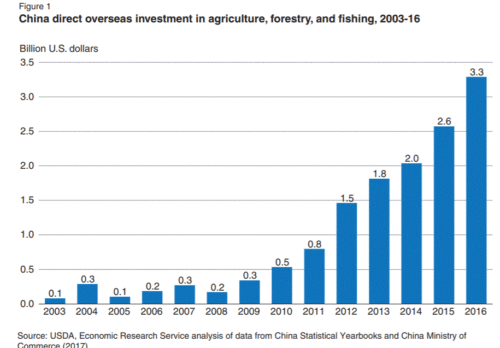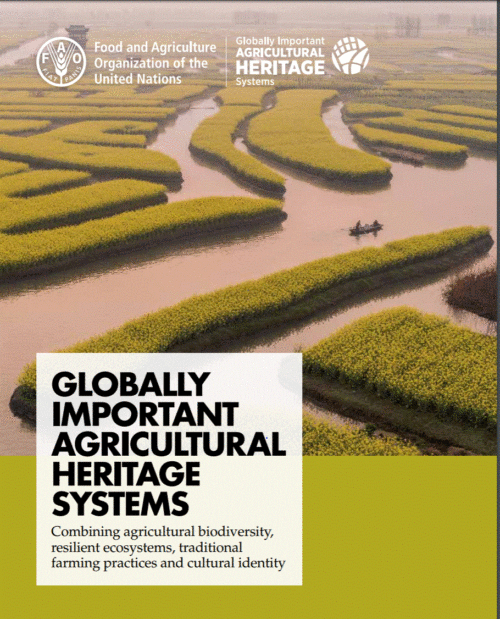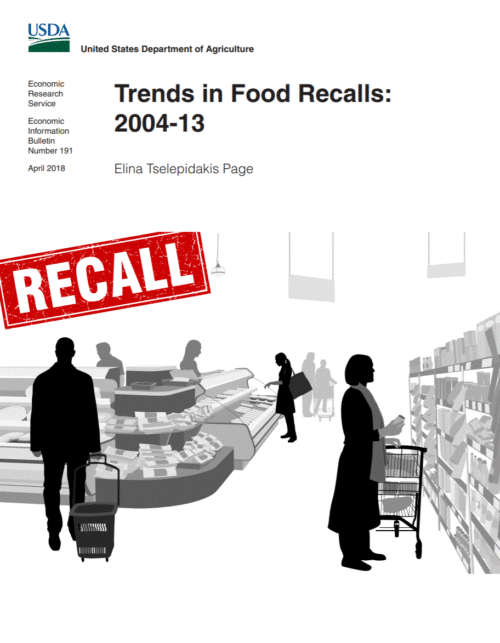As anyone who has ever been within sniffing distance of an industrial pig farm can tell you, the stench is pervasive, gets into your clothes, and seems impossible to avoid or wash out. It seems incomprehensible that pig producers could be permitted to cause such odors and impose the stench on neighbors.
When I was on the Pew Commission on Industrial Farm Animal Production, the primary finding of our investigations was this: Laws existed to stop pollution but nobody enforced them.
But now neighbors of a North Carolina hog farm sued Smithfield—and won!
As Politico explained
The jury agreed with the 10 plaintiffs in the civil case, who contended that a contractor to Smithfield Foods created a situation where residents could no longer enjoy their property because of noxious smells. Waste from the hogs is stored in open-air lagoons and sprayed onto fields as fertilizer. Neighbors said manure particles traveled to their property located a few hundred feet from the farm, coating their homes, clothing and cars.
The judges instructions to the jury were simple.
The first question to the jury was whether Murphy-Brown had “substantially and unreasonably” interfered with the plaintiffs’ use and enjoyment of their property. For each of them, the jury answered “yes” and awarded them $75,000 in compensation. As to whether the company was liable for punitive damages, the jury again answered yes, and awarded each the same amount – $5 million.
They won’t actually get this amount; North Carolina laws cap damage payments.
Nevertheless, the verdict opens the possibility for other such lawsuits and further damages.
Smithfield will appeal, of course.
These lawsuits are an outrageous attack on animal agriculture, rural North Carolina and thousands of independent family farmers who own and operate contract farms. These farmers are apparently not safe from attack even if they fully comply with all federal, state and local laws and regulations. The lawsuits are a serious threat to a major industry, to North Carolina’s entire economy and to the jobs and livelihoods of tens of thousands of North Carolinians.
Yes, but does Smithfield have the right to ruin the lives of people in the community and create vast amounts of stinking waste that is not treated—amounts larger than that produced by people in small cities.
We would not dream of leaving human waste exposed and untreated. Pig waste is no different.
Let’s hope the verdict sticks and causes big changes in animal production methods.






